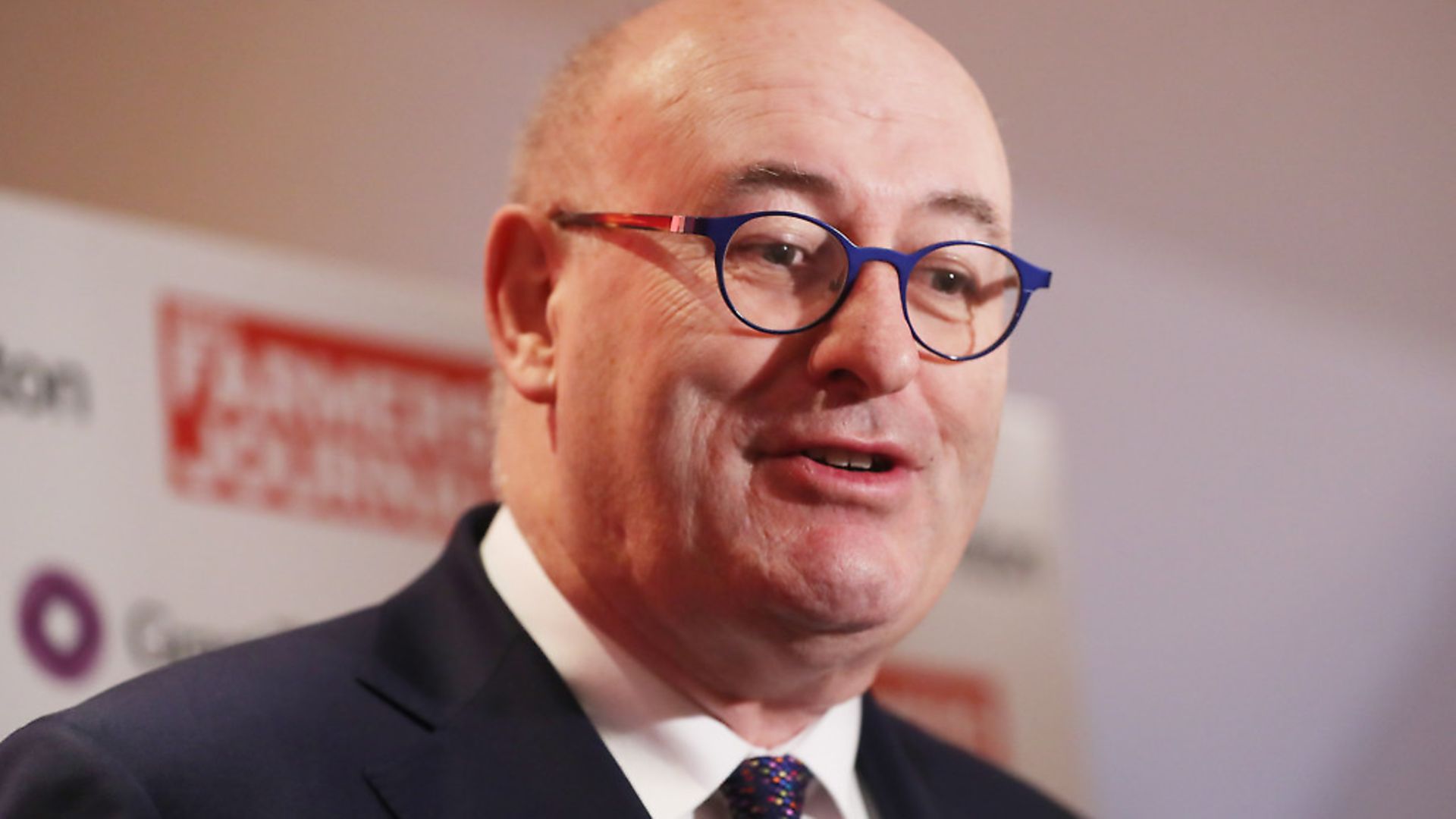
The EU’s trade commissioner has called Boris Johnson’s pledge not to extend the Brexit transition period beyond December 2020 a ‘stunt’ that he will soon renege on.
Soon after the election, Johnson amended legislation to rule out any extension to the transition period – a move that Phil Hogan branded as “very odd”.
The Fine Gael politician and EU commissioner pointed to Johnson’s “die in a ditch” comments over the October 31 Brexit deadline, which the prime minister was eventually forced to extend.
EU Commission president Ursula von der Leyen is one of many who have expressed concern that the transition period of just 11 months following January 2020’s Brexit date is far too short to negotiate a comprehensive agreement on all aspects of the future relationship between the UK and the EU.
Hogan, who was appointed trade commissioner to the EU in December, echoed those reservations in an interview with the Irish Times, saying: “In the past, we saw the way the prime minister promised to die in the ditch rather than extend the deadline for Brexit, only for him to do just that.”
Hogan criticised the misleading notions about a “clean break Brexit” that have heavily influenced political discussion in the UK.
“Too much of the debate in the UK over the past four years was based on the false notion that it is possible to make a clean-break Brexit while retaining all the benefits of EU membership,” he said.
“Now that the political deadlock at Westminster is broken the next phase of Brexit needs to be based on realism and hard facts.
“Any ‘having our cake and eat it’ rhetoric will not fly. Both sides need to proceed calmly and coherently.”
He urged Boris Johnson to move on from political showmanship with his refusal to countenance any extension to the transition period, telling the Irish Times: “At first sight this seems very odd indeed.
“From our point of view it is important that we move from stunt to substance. It would be helpful if the focus was on content rather than timetables.”
He acknowledged that “deep integration” resulting from the UK’s 45 years of EU membership will help the process of making an agreement, but pointed out that its exactly that integration that the UK’s Brexiteers want to unravel.
“This will have negative consequences for our economies,” he said plainly.
“An ambitious free trade agreement will not change the facts on Brexit.”
He said the UK’s determination to leave both the single market and the customs union “baffles” him.
“[…] the full consequences of that decision are still not understood in the UK,” he said.
“Why trade a Rolls Royce for a second-hand saloon?”
Warning: Illegal string offset 'link_id' in /mnt/storage/stage/www/wp-includes/bookmark.php on line 357
Notice: Trying to get property 'link_id' of non-object in /mnt/storage/stage/www/wp-includes/bookmark.php on line 37






